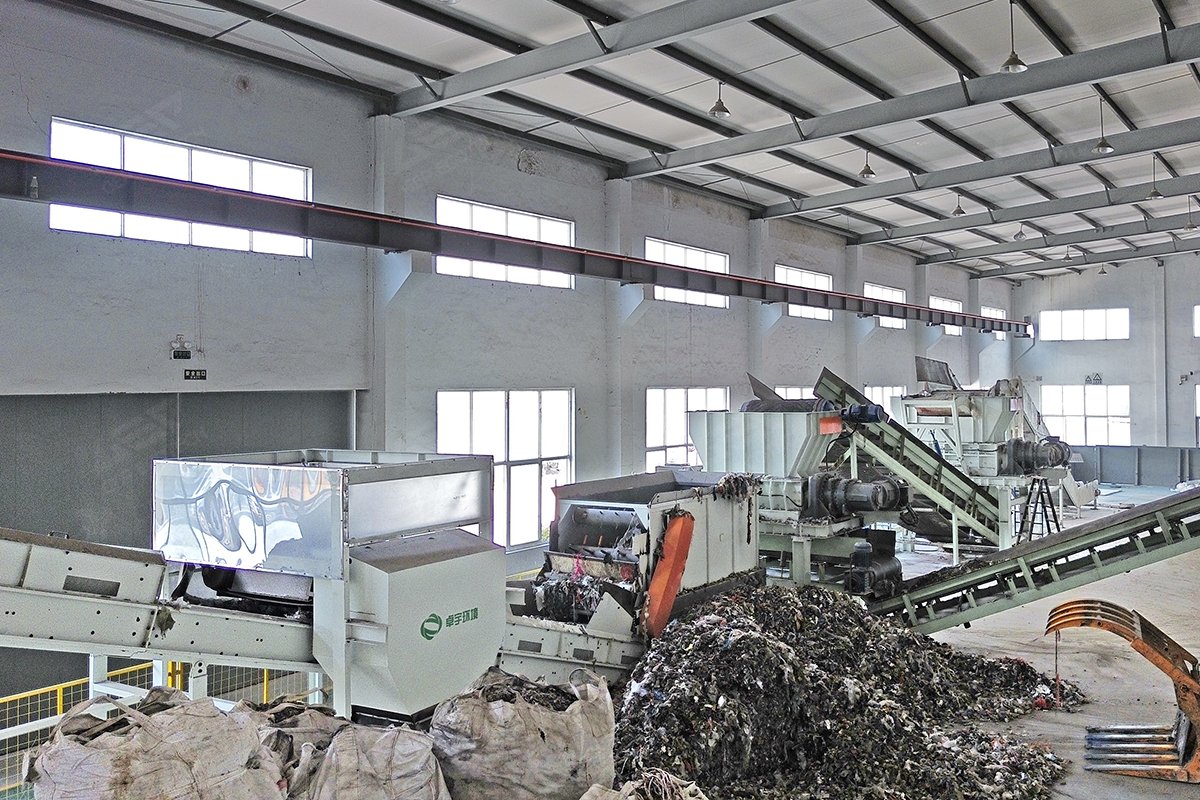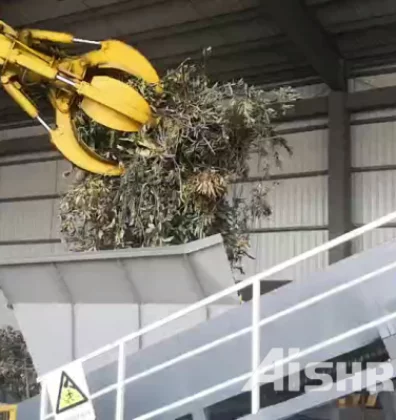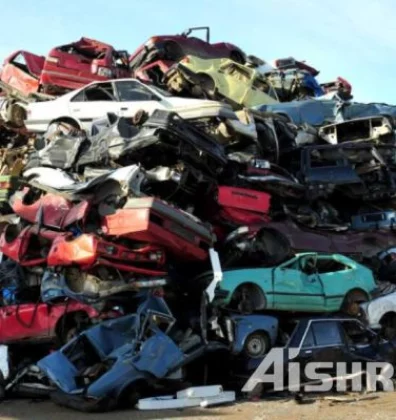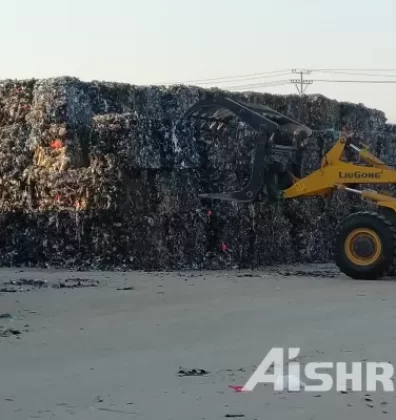GEP ECOTECH has always been committed to the treatment of various solid waste, and has rich experience in operating projects in the preparation of alternative fuels for cement kilns. It can provide professional solutions and high-performance equipment for the green transformation of cement enterprises.

1. Cement kiln collaborative disposal of solid waste technology
Cement kiln collaborative disposal of solid waste technology uses solid waste to replace some raw materials or fuels, enabling cement production enterprises to save on raw material demand, reduce energy consumption, and achieve complete resource utilization. At the same time, the carbon dioxide released by the decomposition of calcium carbonate is reduced, saving on the occupation of waste landfills. It meets the requirements of energy conservation, consumption reduction, and emission reduction, and has significant economic and environmental benefits.
2. What are the sources of alternative fuels for cement kilns?
Alternative fuels refer to fuels that can replace coal, such as waste textiles, plastics, paper, etc. from MSW; leather, waste textiles, scraps, etc. from industrial waste; wood, leather, fabrics, etc. from bulky waste; small rubber blocks obtained from waste tires which have been shredded, with steel wires removed. These wastes are treated to a certain extent and then incinerated in cement plants, which can be said to kill two birds with one stone. This not only solves the problem of waste management, but also solves the problem of alternative fuels.
3. What is the alternative fuel treatment process for cement kilns?
Alternative fuels need to undergo pre-treatment before they can enter the cement kiln for incineration. Light materials from bulky waste and and MSW can be made into RDF through processes such as primary shredding, drum screening, manual sorting, air separation, secondary fine shredding, etc; General industrial solid waste, such as leather and waste textile scraps, usually requires two-stage shredding to a size of 5-8 cm before being put into a cement kiln. The specific treatment process also depends on the situation of the raw materials.
GEP ECOTECH, as a backbone force in the field of intelligent environmental protection, has long been committed to the innovation and research and development of cement kiln collaborative disposal of solid waste pre-treatment systems and equipment. It can turn general solid waste into high-quality, high calorific value alternative fuels, thereby achieving the recycling and utilization of waste. We are willing to contribute to the transformation and work with cement enterprises to paint a green new future for the cement industry.




